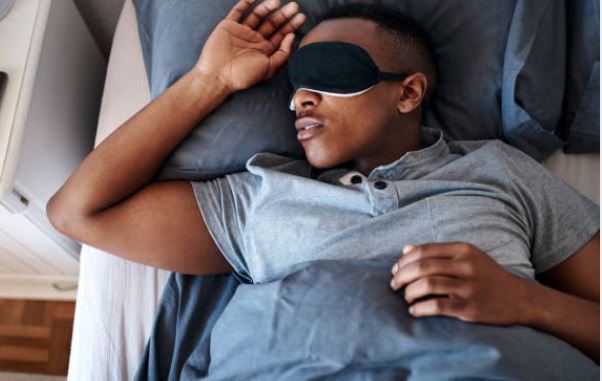Sleep jerking, also known as hypnic jerks or sleep starts, is a common phenomenon that many individuals experience during the transitional phase between wakefulness and sleep.
It is an involuntary muscle contraction that leaves most people wondering why it happens.
Sleep jerks typically manifest as sudden, brief muscle contractions or spasms that occur just as a person is drifting off to sleep. These movements are often accompanied by a sensation of falling, which can contribute to the perception of a sudden jolt.
While the exact cause of sleep jerks is not fully understood, several factors may contribute to their occurrence and here are a few of them;
1. Brain activity changes
As the brain transitions from wakefulness to sleep, which happens when you are trying to fall asleep, there can be shifts in neural activity. Some theories suggest that these changes may trigger involuntary muscle contractions and lead to hypnic jerks.
2. Stress and anxiety
Increased stress levels or anxiety can heighten the likelihood of experiencing sleep jerks. The body’s response to stress may involve muscle contractions, which can carry over into the initial stages of sleep.
Lack of sufficient sleep or chronic fatigue can also affect the body’s ability to transition smoothly between wakefulness and sleep, potentially leading to sleep jerks.
3. Caffeine and stimulants
Consumption of stimulants, such as caffeine, particularly close to bedtime, may influence the occurrence of sleep jerks. Stimulants can impact the nervous system and contribute to muscle twitches.
While sleep jerks are generally considered harmless, they can disrupt the natural progression of sleep cycles as some people who experience frequent or intense jerks may find their sleep quality affected, leading to daytime fatigue and irritability.
You could help combat this by reducing stress, limiting stimulants and having a better sleep routine.


